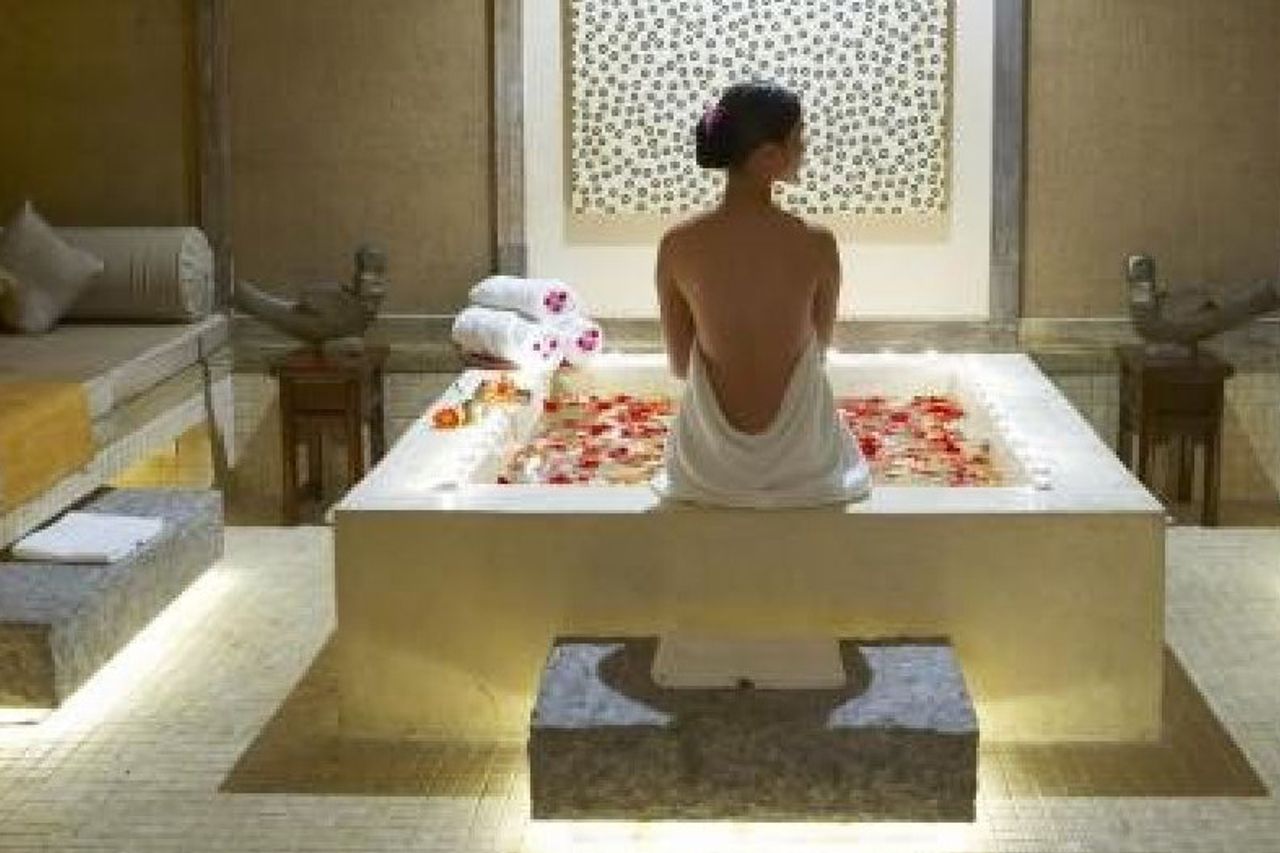APBBI: Increase In Entertainment Tax Tariffs Will Disrupt Retail Occupancy At Malls

JAKARTA - The Indonesian Shopping Center Employers' Association (APBBI) said the increase in entertainment tax rates would disrupt the retail occupancy rate in malls.
Chairman of the APBBI Alphonzus Widjaja said this was because the mall was filled with various entertainment facilities, such as karaoke, steam baths or spas and so on.
"If asked if there was a disturbance, it would be disturbing because many malls also have karaoke, spa and so on," Alphonzus said at a press conference in the Kuningan area, South Jakarta, Thursday, January 18.
Even so, Alphonzus hopes that malls will not be too affected by the adjustment of the regulation.
This is because taxes for categories such as cinemas to children's rides are set at a maximum of 10 percent.
He hopes that the 10 percent of the tax imposition facilities can boost the performance of the mall business growth.
"So, hopefully shopping centers will not be too affected because there is a replacement. Hopefully with this decline, they can be more aggressive in opening their business businesses," he added.
SEE ALSO:
The Ministry of Finance (Kemenkeu) plans to hold a meeting with business actors to discuss taxes on certain goods and services (PBJT) for arts and entertainment or entertainment taxes, together with the Ministry of Tourism and Creative Economy (Kemenparekraf).
In Law Number 1 of 2022, it is stipulated that spas and karaoke are types of entertainment taxes that are subject to a lower limit rate of 40 percent and an upper limit of 75 percent, the same as types of discotheque, nightclubs and bars taxes.
The amount of the tariff considers that this type of entertainment is only enjoyed by certain groups of people, so the government sets a lower limit to prevent the competition for determining low tax rates in order to increase business turnover.


